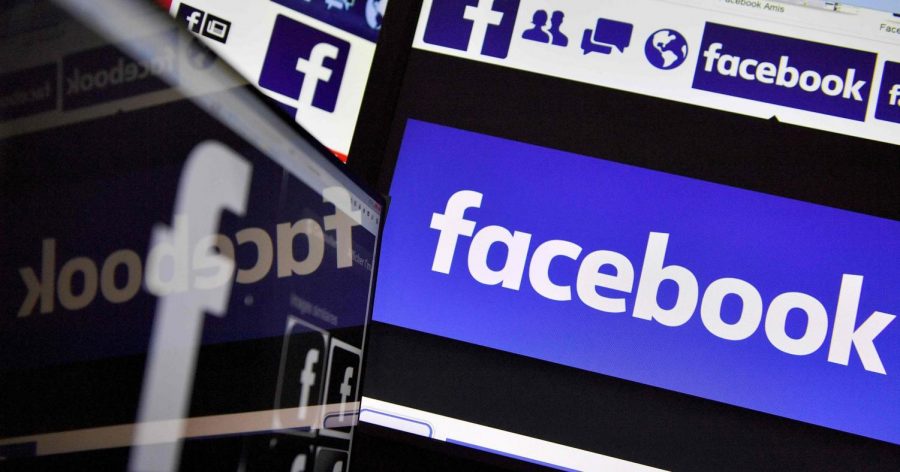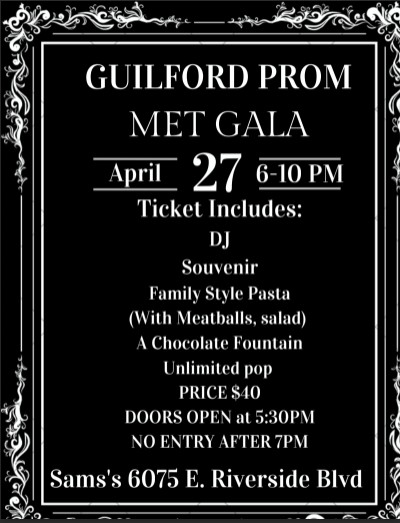Is social media tainting our news?
As news outlets turn to social media, many question their authenticity
May 21, 2018
We are living in the age of social media. These days, people can find almost anything online, including the news. This is a big change from reading newspapers and watching the daily news, which has significantly dropped in popularity as of late. In a 2017 poll, two thirds of adults in the United States said they now get at least a portion of their news from social media, if not more (According to journalism.org). However, Twitter and Facebook have truly emerged as the most popular news sources among young people and especially students at Guilford.
“Although I have multiple news sources, I definitely use Facebook and Twitter the most,” said John Jurgens, junior. “It just feels a lot easier to get my news from social media because it’s delivered fast and it’s so simple.”
Facebook has become one of the most prominent sources for information, as many people find multiple articles within their feed. Twitter posts multiple news threads every hour over a variety of trending stories, which tend be easily accessible for people to read. Both of these social media sites have been praised for allowing their users to voice their own opinions on different handles and topics. Twitter’s news stories in particular are based on events trending among its user base.
“I usually like and retweet stories that I have the same opinion about,” said Brynn Hendricks, freshman. “I think it’s a cool way to voice my own opinion about stories that are in the news.”
However, with all of the advantages of getting news from social media, it has a fair amount of flaws. Some feel that access to creating news stories is too widely available and that the trending topics talked about aren’t truly real news. Another common criticism of Twitter and Facebook is that some stories are only based on opinions of people who may have a bias and don’t give the full story.
“We have a tendency to change things we don’t like or agree with” said economics teacher Mr. Webber. “I think the news should be presented in a manner that isn’t biased so the reader can form their own opinion.”
One of the biggest criticisms of any news on social media is its authenticity. Both Facebook and Twitter have had multiple occurrences of fake news stories. Twitter has a big problem with fake accounts that are actually bots. It’s been estimated that over 48 million Twitter accounts are bots, which is nearly 15% of all Twitter accounts (according to CNCB.com). These bots are often used to create or add to trending topics.
“I’ve seen a couple fake stories on Twitter before about bombings in the Middle East,” said Lucas Achilli, freshman. “People can really create fake stories just by retweeting something; it makes me question Twitter’s integrity.”












